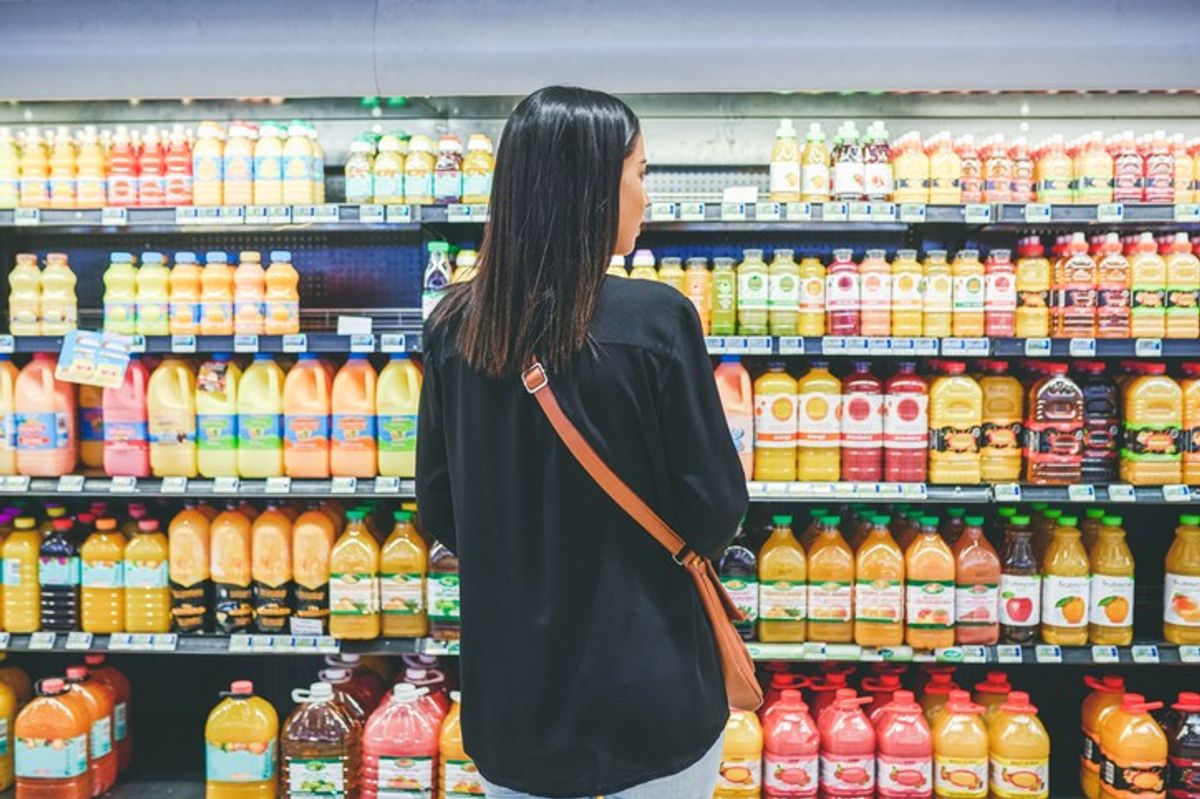Inflation in the UK accelerated more than expected last month due to higher food costs and transport costs as well as a jump in private school fees.
The latest data, released today (19) by the Office for National Statistics, shows that the consumer prices index (CPI) measure of inflation rose to 3 per cent in the 12 months to January, up from 2.5 per cent in December. Economists had expected inflation to climb to 2.8 per cent in January.
Responding to the latest CPI inflation figures, Kris Hamer, Director of Insight of the British Retail Consortium (BRC), said, "Headline inflation rose to its highest point in almost a year, driven by rising food inflation and air fares.
"While the inflation rate of clothing and footwear increased, extensive discounting by retailers saw prices decreasing significantly on the month.
"The same was true for furniture and household equipment, which despite decreasing in price on the month, returned to inflation for the first time in ten months.
"Food inflation jumped significantly as retailers anticipated significant additional costs such as the changes to Employers’ National Insurance and increases to the National Living Wage, coming into force in April.
"There was however some good news as some key foods such as pasta, potatoes and olive oil did drop in price on the month.
"A rise in the headline rate of inflation to start 2025 is likely a sign of things to come given the £7 billion worth of additional costs the retail industry is facing this year. Prices are expected to rise across the board over the course of the year.
"If the government wishes to keep inflation under control, which would ease the burden on consumers, it should mitigate the huge cumulative costs facing the retail industry.
"Speeding up business rates reform or delaying new packaging taxes would help ease the pressure on prices for the rest of 2025."
This comes as retailers are bracing for hike in National Insurance contribution as well as rise in minimum wages.
Earlier this year, BRC CEO Helen Dickinson warned that food prices will rise by an average of 4.2 per cent in the latter half of the year"
She said, "As retailers battle the £7 billion of increased costs in 2025 from the Budget, including higher employer NI, National Living Wage, and new packaging levies, there is little hope of prices going anywhere but up.
"Modelling by the BRC and retail CFOs suggest food prices will rise by an average of 4.2 per cent in the latter half of the year, while Non-food will return firmly to inflation.
"Government can still take steps to mitigate these price pressures, and it must ensure that its proposed reforms to business rates do not result in any stores paying more in rates than they do already."


